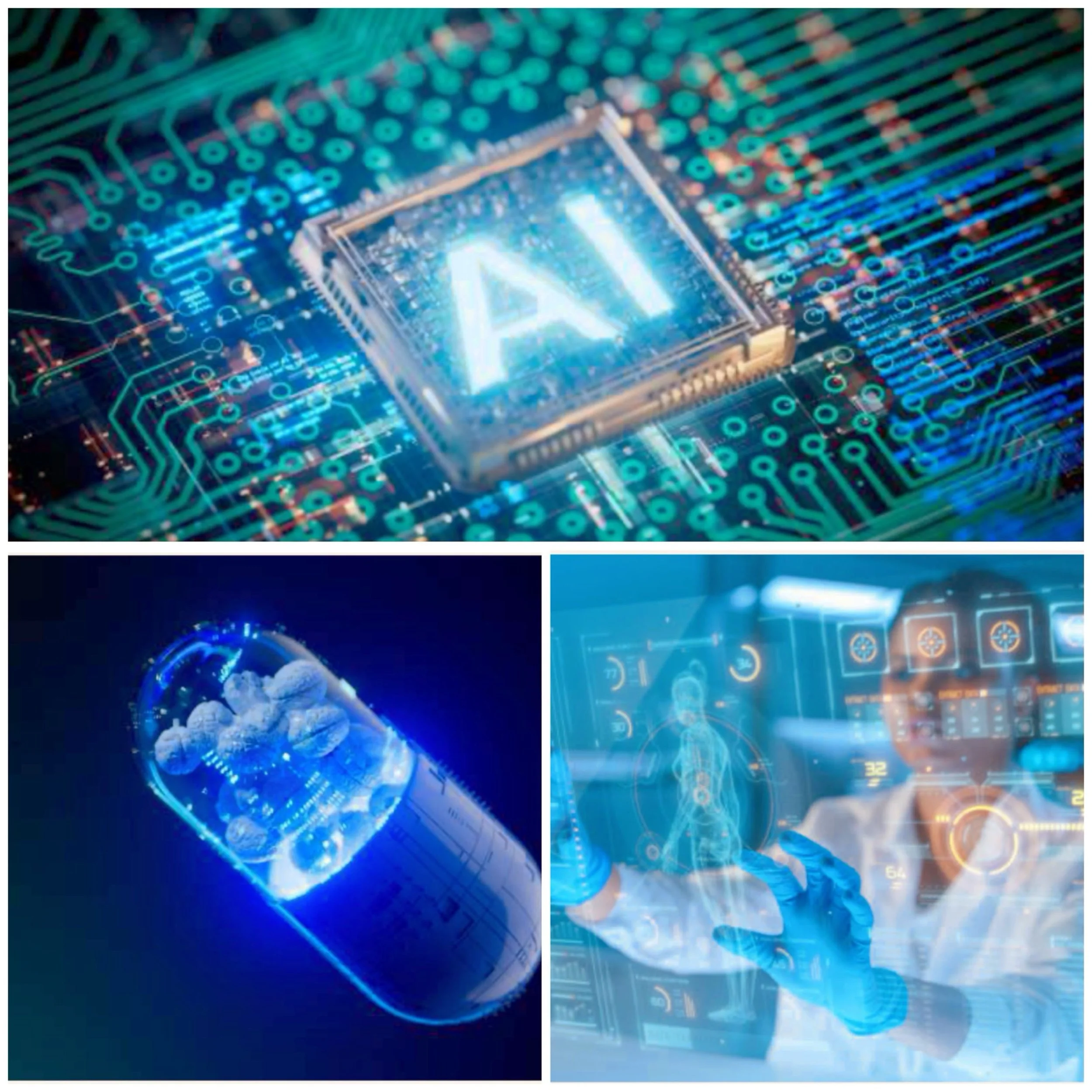How can AI help in pharmacology ?
Artificial Intelligence (AI) is revolutionizing pharmacology in numerous ways, offering significant benefits across the entire spectrum of drug discovery, development, and patient care. Here’s an overview of how AI is transforming the field:
Drug Discovery and Development
Accelerated Drug Discovery
AI algorithms can analyze vast amounts of data to identify potential drug targets and predict drug-protein interactions. This capability significantly speeds up the early stages of drug discovery, reducing the time and cost involved in finding promising drug candidates.
Improved Lead Optimization
Machine learning models can predict the pharmacological properties of lead molecules based on their chemical structure. This helps in designing new molecules with improved efficacy, reduced toxicity, and better bioavailability.
De Novo Drug Design
AI systems can generate entirely new drug molecules from scratch, potentially creating novel treatments that might not have been discovered through traditional methods.
Drug Repurposing
AI can analyze existing drugs and their targets to suggest new therapeutic uses, potentially saving time and resources in drug development.
Clinical Trials and Patient Care
Enhanced Clinical Trial Design
AI can help optimize clinical trial designs by simulating outcomes and identifying suitable patient populations. This can lead to more efficient and effective clinical trials.
Personalized Medicine
By analyzing patient data, including genetic information, AI can help pharmacists provide personalized treatment plans and identify patients who may benefit from specific medications.
Improved Patient Monitoring
AI can assist in monitoring patient adherence to medication regimens and predict potential complications, allowing for timely interventions.
Pharmacy Operations
Inventory Management
AI can predict medication demand, optimize inventory levels, and streamline supply chain management, ensuring drugs are available when and where they’re needed.
Automated Dispensing
AI-powered systems can automate medication dispensing, reducing errors and freeing up pharmacists’ time for more patient-focused activities.
Workload Prioritization
By analyzing medication usage and refill history, AI can help pharmacists prioritize their workload and focus on patients with more immediate needs.
Safety and Quality Assurance
Drug Interaction Prediction
AI models can predict potential drug-drug interactions and adverse reactions, enhancing patient safety.
Quality Control
AI can be used in pharmaceutical manufacturing to ensure consistent product quality and reduce the risk of errors.
Real-World Evidence and Post-Market Surveillance
Data Mining
AI, particularly natural language processing, can analyze electronic health records and other real-world data sources to gather insights on drug effectiveness and safety in actual clinical practice.
Pharmacovigilance
AI can monitor post-market drug safety by analyzing reports of adverse events and identifying potential safety signals more quickly than traditional methods.
In conclusion, AI is transforming pharmacology by enhancing efficiency, accuracy, and personalization across the entire pharmaceutical value chain. From accelerating drug discovery to improving patient care and streamlining pharmacy operations, AI offers tremendous potential to advance the field of pharmacology and ultimately improve patient outcomes.





